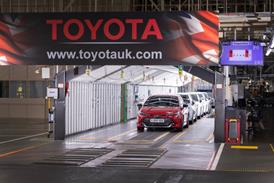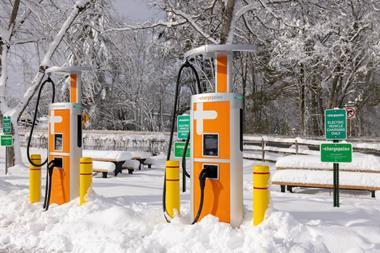
The protests and widespread state violence wracking Libya this week have closed the country’s main ports with all shipments, including automotive, suspended to and from the country.
Details of port activity and the wider logistics network in the country are sketchy as communication lines have broken down or been suspended, but Libya’s main ports, including Tripoli, Benghazi and Misurata, are closed and freight routes into the country have shut down.
Demonstrators are reported to have taken control of Benghazi while witnesses in Tripoli told Al Jazeera network that fighter jets had bombed portions of the city in fresh attacks on Monday night. There is no confirmation that this has included the ports.
Grimaldi’s logistics director, Costantino Baldissara, told Automotive Logistics News that the situation in Libya differed significantly from what happened in Egypt recently. “[It is] different at the moment as the authorities have closed the ports and there is no way to have vessels moored. We have a regular weekly service to Libya that, at the moment, is suspended for a week.”
Grimaldi calls at Tripoli and Al Khums with traffic mainly from northern Europe and Italy.
K-Line, which reported a suspension to its service to the port of Alexandria during the Egypt crisis, confirmed yesterday that ports were closed in Libya but that the company had no shipment due to be discharged and was therefore not affected by the situation in terms of vehicle movements.
K-Line’s, director and general manager, Car Carrier Group, Peter Menzel did, however, point out that the impact on oil price rises was a cause for concern. Forwarders in Europe are also looking at availability as Libya sends Europe more than 85% crude exports. Yesterday the International Energy Authority announced that it is standing ready to make oil available to the market in the event of a major supply disruption if alternative supplies cannot readily be made available via normal market mechanisms.
Congestion at other ports as a consequence of the situation in Libya is also affecting shipments in North Africa. While UECC does not currently run regular services into Libya, it does to Djen Djen in Algeria, which has seen delays as a result of the Libyan situation according to the company’s head of car sales Bjorn Svenningsen. He added: “We did have some extraordinary delays in January in Djen Djen when the situation was tense in both Tunis and Algeria.”







































